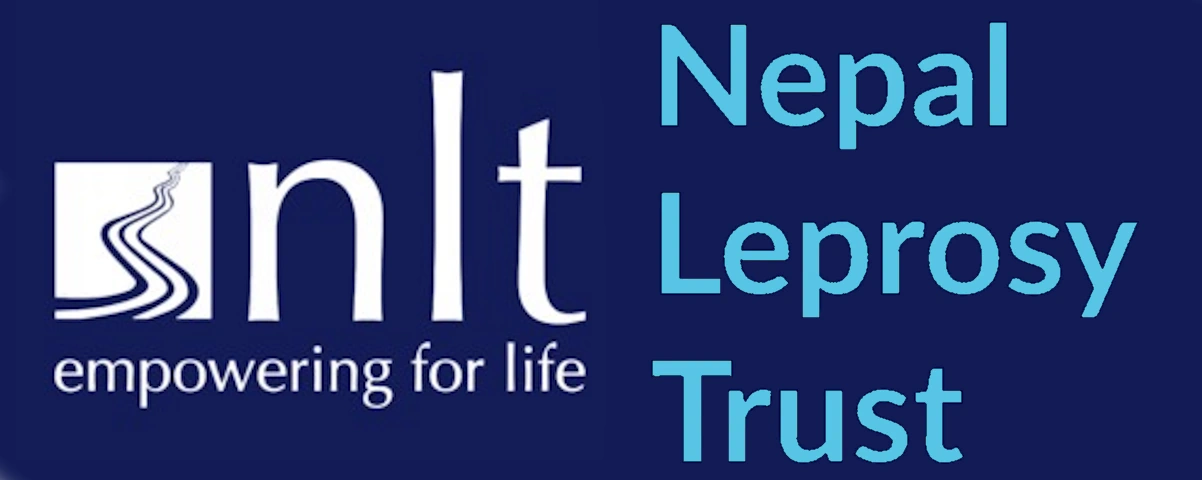World Leprosy Day – 29th January 2017
For those who think that leprosy is a disease of the past, it will be a surprise to learn that there are still 136 countries around the world regularly reporting new cases of leprosy and that there were more than 200,000 new cases reported in 2015. There are also several countries where leprosy is still present, but where the health services do not collect the data and so the numbers are unknown. What may surprise you even more is that because leprosy often incubates without any external signs for several years, it is believed that there are probably upwards of a million people worldwide infected with leprosy and yet to be found and treated.
Leprosy is a disease mainly associated with poverty, which is a sad comment on the continuing state of much of our

Santosh and other children at Lalgadh
world, despite some effort to improve things. What is even more sad is that almost 10% of the new cases are children, and many of those will become progressively more disabled due to late or poor treatment. At Lalgadh, one of our heartbreaking tasks is looking after children who have anaesthetic feet and have not been successful at managing their self-care, so their feet have become progressively more damaged despite the best efforts of our staff. Good self-care requires a lot of self-discipline and so it is hard for a child. Santosh has been around since he was 8 years old and is now 14, and facing the likely amputation of at least one foot. Neelam, also around 14, has already lost one of her feet and may lose the other. Fortunately, we get to most children before serious anaesthesia has occurred, so children like Santosh and Neelam are the exception rather than the rule; but that doesn’t make looking after the 20 or so badly damaged children in our regular care any less heart-breaking.
World Leprosy Day was the idea of the French humanitarian Raoul Follereau, who dedicated many years to fundraising and helping those affected by leprosy. It began about 60 years ago, initially as a day of prayer to achieve two things. First, Follereau believed that those affected by leprosy should receive the same respect, dignity and quality of care as any other patient. Second, he wanted greater awareness of the disease, to change attitudes and to reduce stigma. Nepal Leprosy Trust has worked hard for over 40 years towards both these ends, with ground-breaking community work raising awareness about leprosy and fighting against stigma, and with the provision of high-quality care for people affected by leprosy at our Centre at Lalgadh. Lalgadh Leprosy Hospital and Services Centre is one of the two busiest leprosy centres in the world today.
Please mention World Leprosy Day to your friends, and do consider supporting our work with prayer and donations.
Thank you
